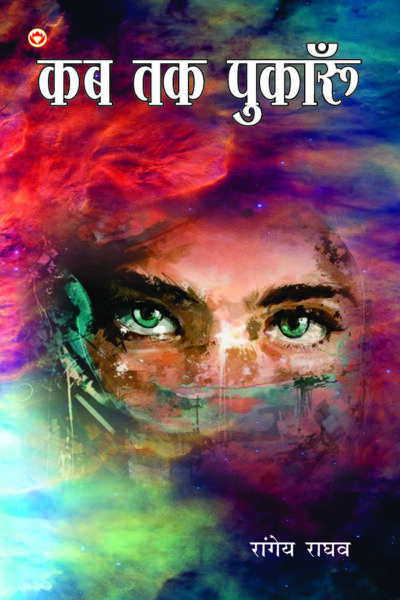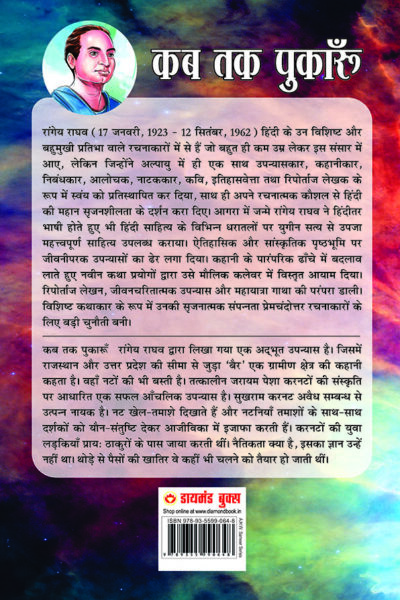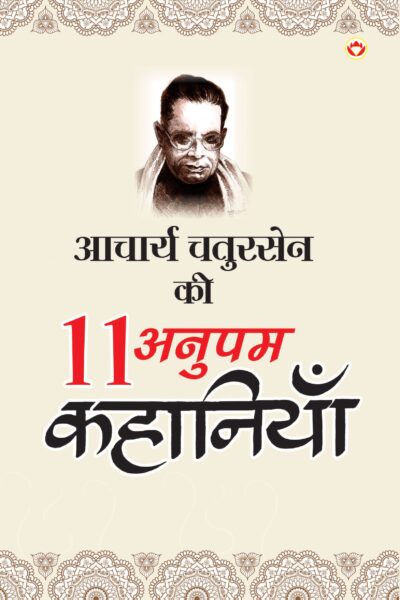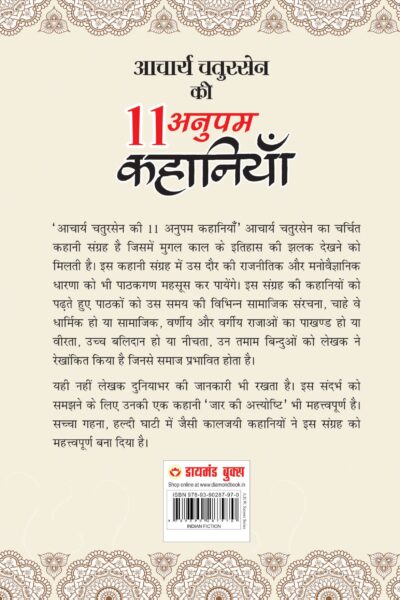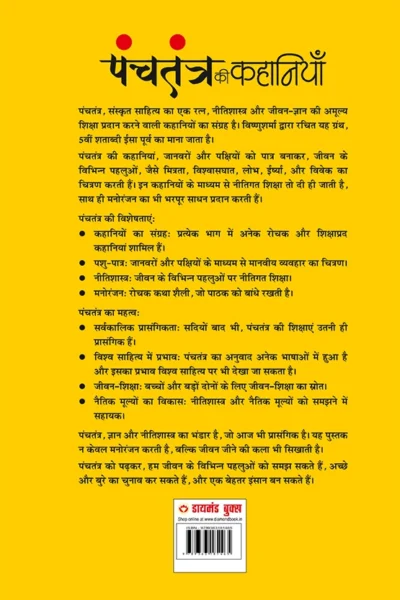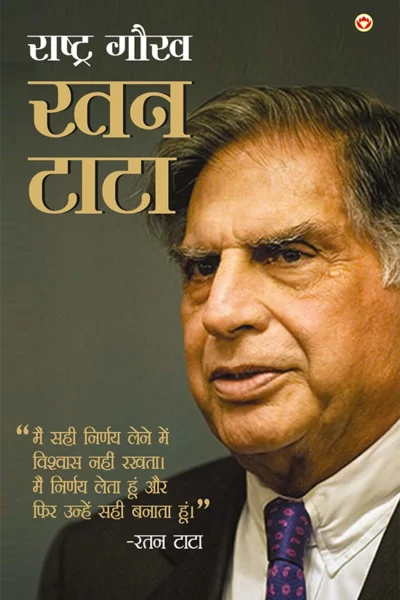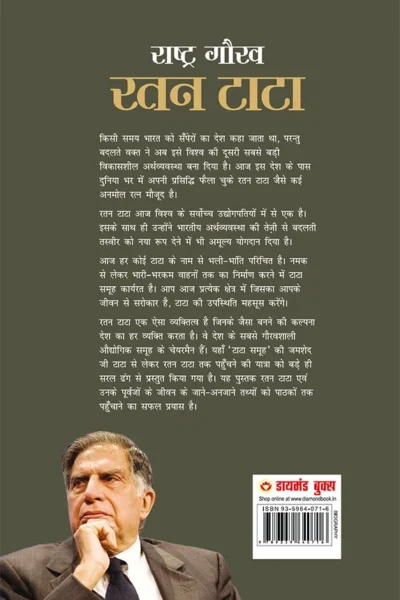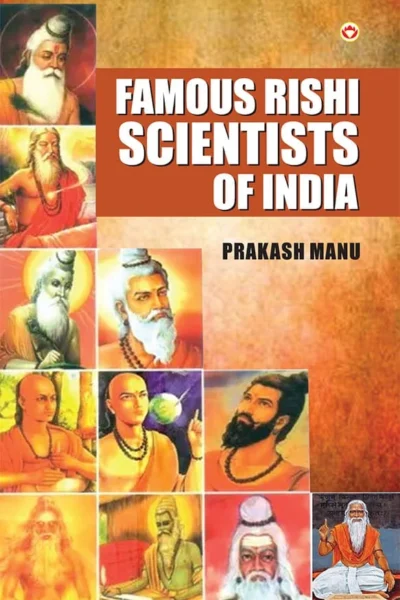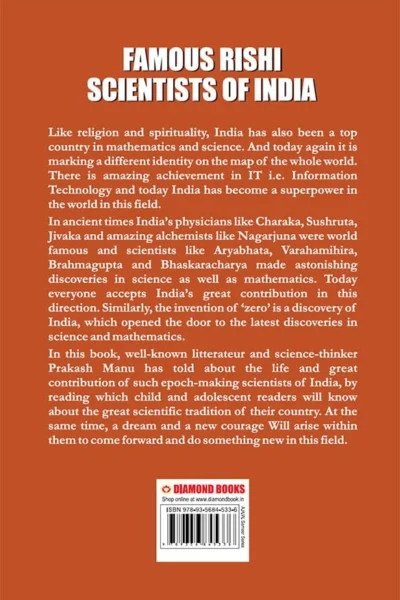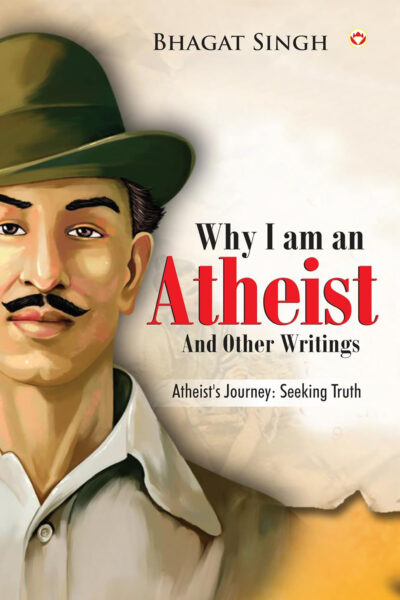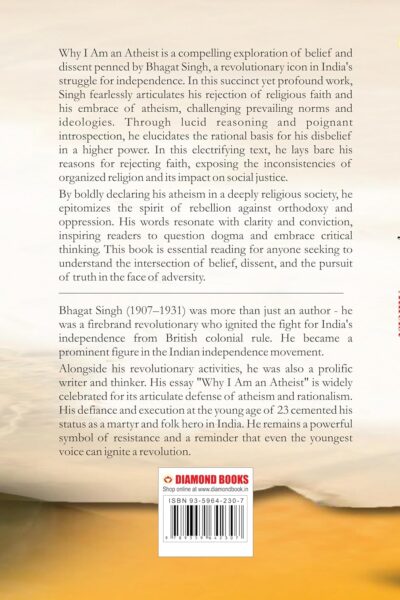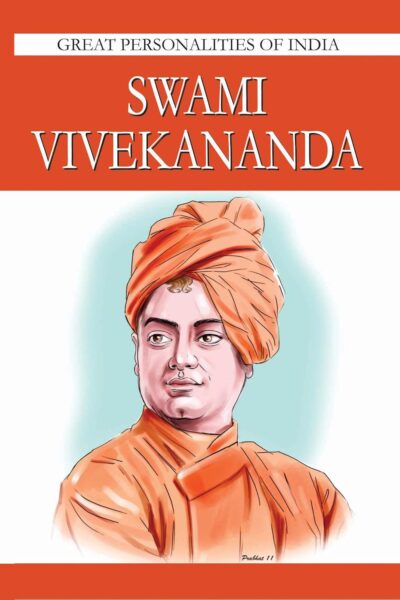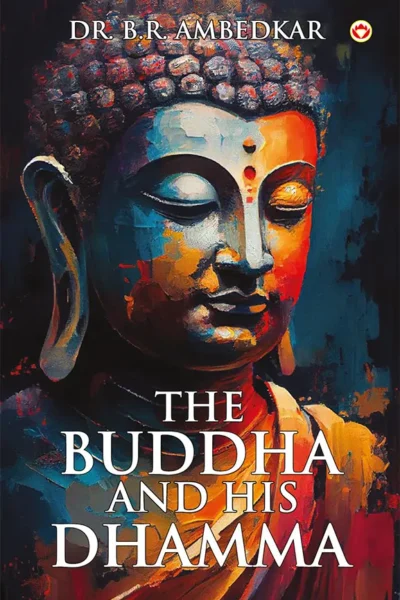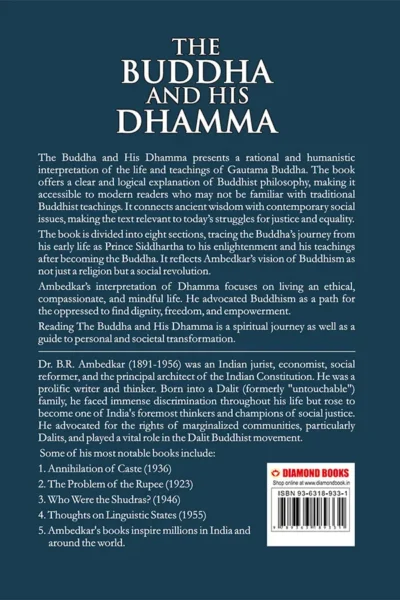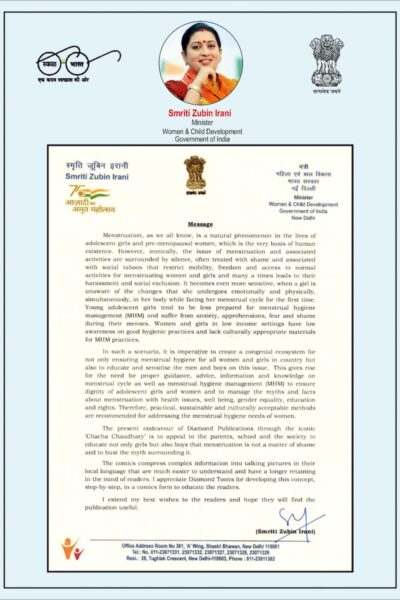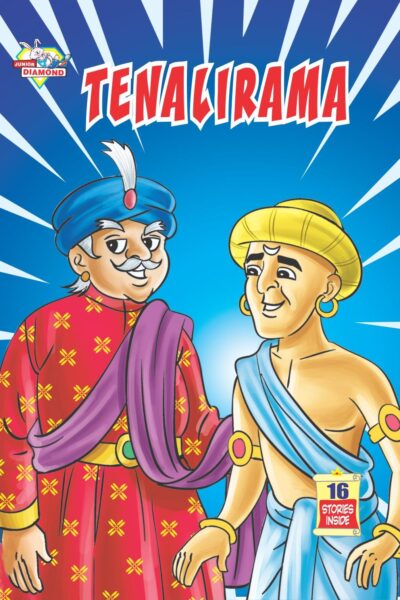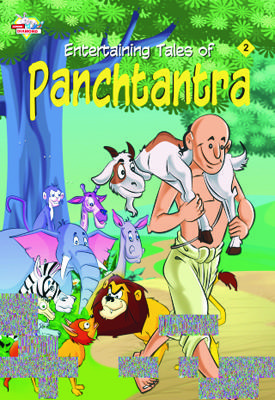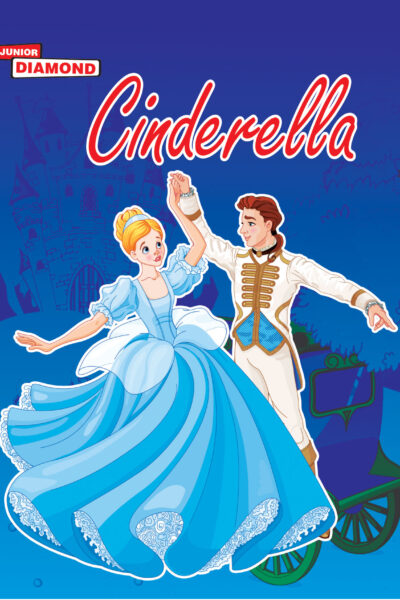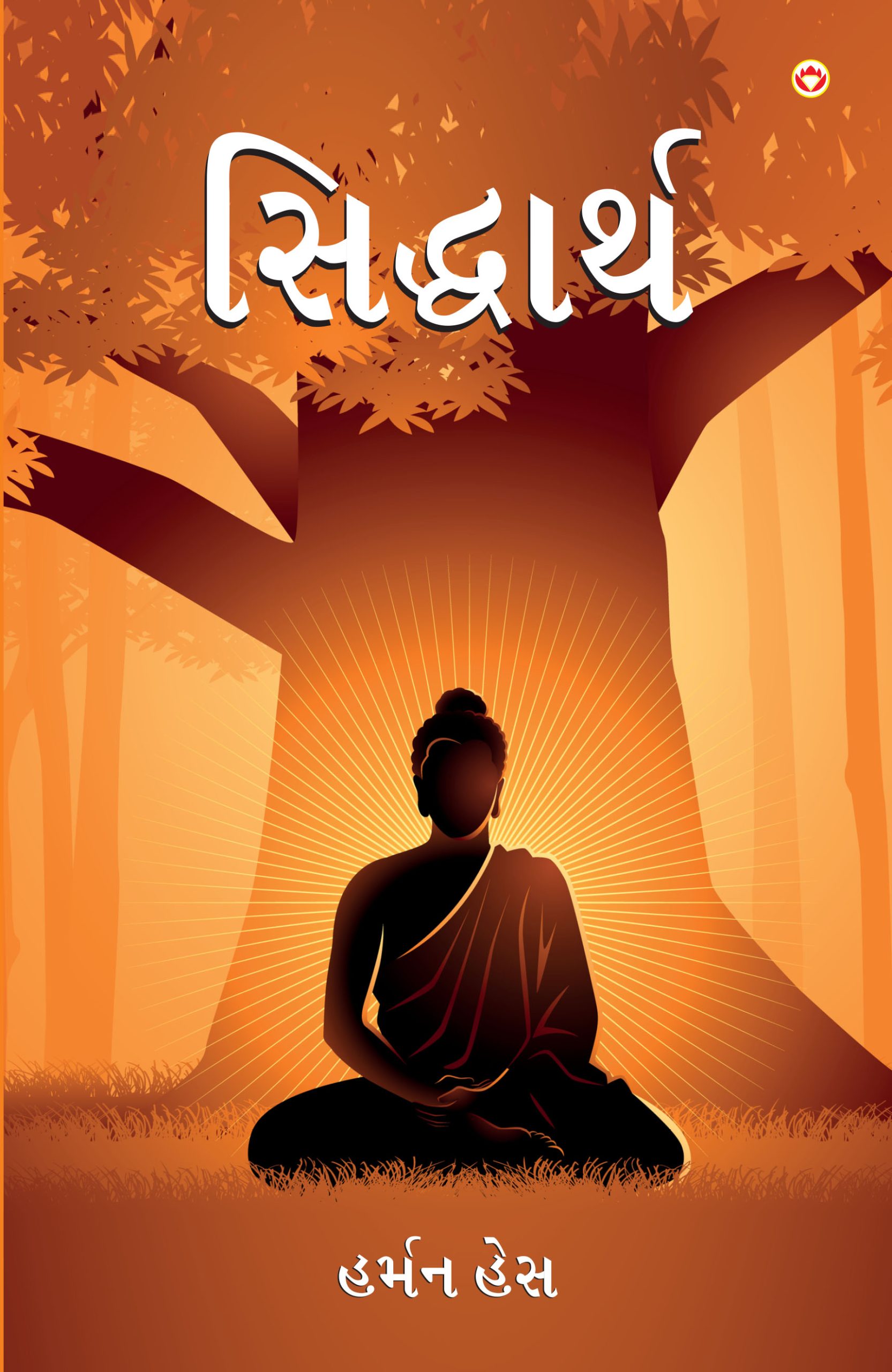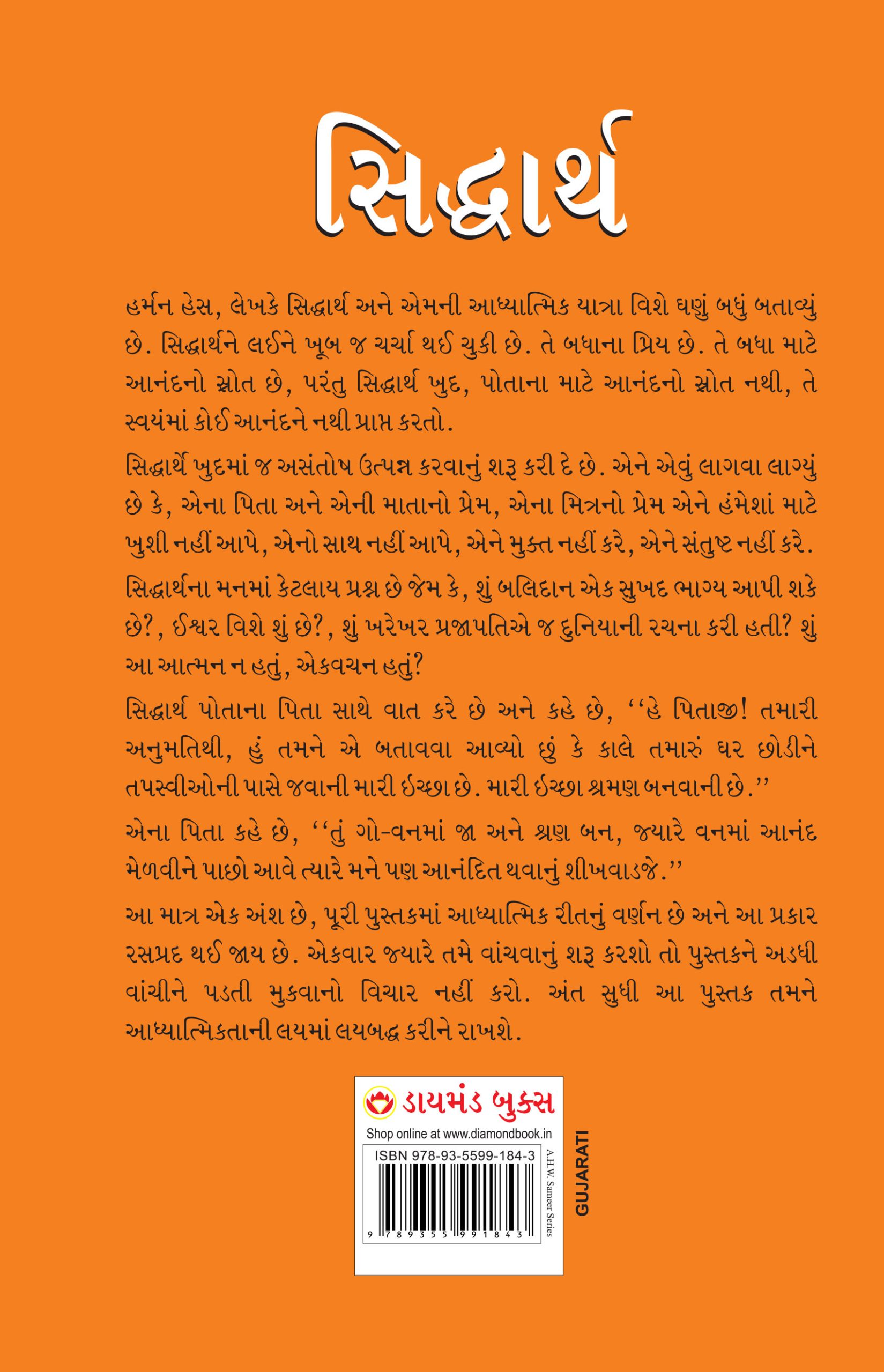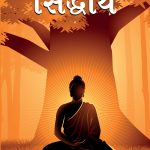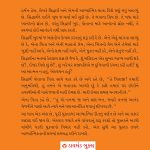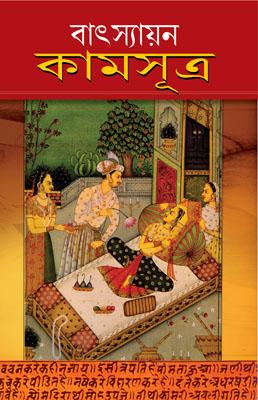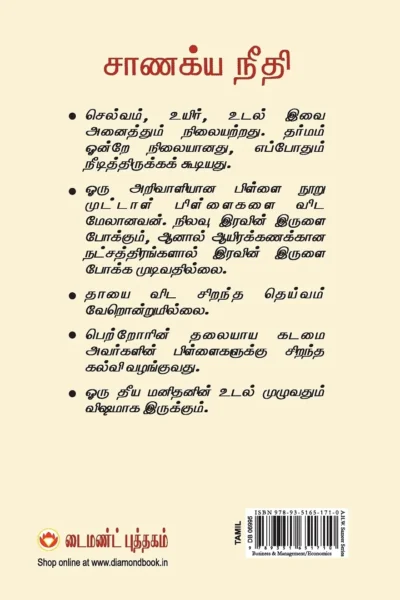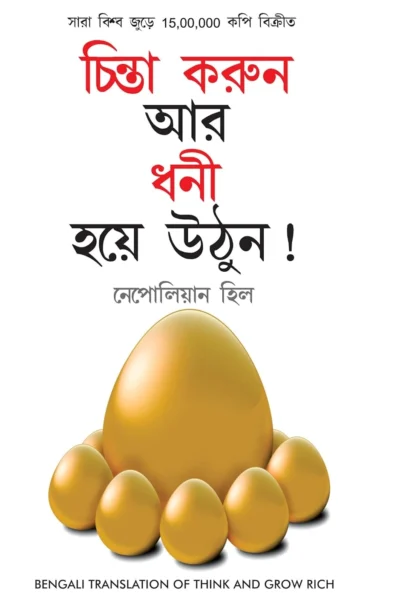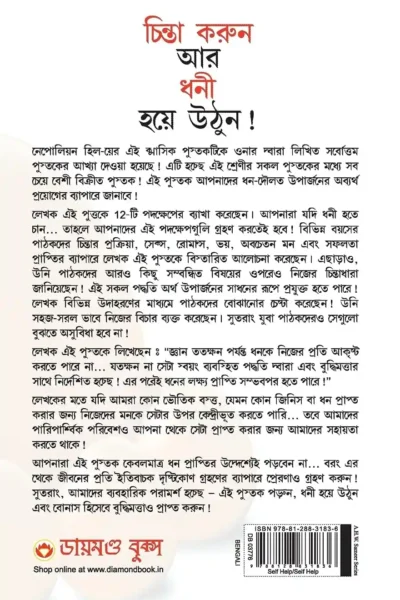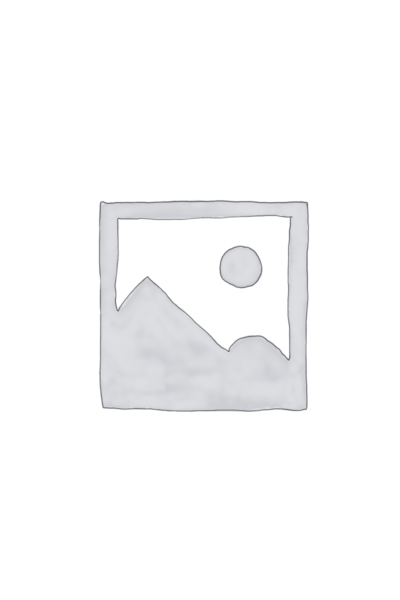- Short Stories
- Traveloc
- Novel
- Indian Classics
- Business Strategy
Shop Our top-rated business strategy books are designed for entrepreneurs and business leaders, offering proven strategies to elevate business success. Learn from industry experts and discover actionable insights to drive growth and profitability. Buy now and master the skills that set top businesses apart.
- Corporate History
Discover a comprehensive collection of corporate history books that detail the rise and success of major companies and their visionary leaders. Explore how these influential figures and their groundbreaking strategies have shaped industries and transformed the global business landscape.
- Economics
Discover the best economic and market books in India at Diamond Book Store. Our collection features essential reads on domestic and global market theories, offering in-depth analyses and key insights into economic trends. Enhance your understanding of financial markets, investment strategies, and economic principles with our expertly curated selection. Visit us to grow your knowledge and stay ahead in the world of finance.
- Romance / Fantasy
Discover captivating romance and fantasy books at Diamond Books. From enchanting love stories to magical adventures, these books offer readers a perfect blend of passion and imagination. Ideal for those who love romantic and fantastical narratives.
- Finance
Buy top finance and money management books at Diamond Book Store. Enhance your money-saving skills with expert strategies and key insights. Explore our curated selection to discover effective saving techniques and financial wisdom. Shop now to gain valuable knowledge, make informed decisions, and secure a prosperous financial future.
- Network Marketing
Network Marketing is a business model that leverages personal networks to promote products and services. It empowers individuals to build their own sales team, earning commissions not only from their own sales but also from the sales made by their team members. This model encourages entrepreneurship, collaboration, and exponential growth
- See More
Books, Bookazine, Fiction, Magazines
₹30.00Original price was: ₹30.00.₹29.00Current price is: ₹29.00. Add to cart
Diamond Books, Books, Fiction, Indian Classics
₹450.00Original price was: ₹450.00.₹449.00Current price is: ₹449.00. Add to cart
Diamond Books, Fiction, Language & Literature, Short Stories
₹175.00Original price was: ₹175.00.₹174.00Current price is: ₹174.00. Add to cart
- ₹975.00 – ₹19,000.00Price range: ₹975.00 through ₹19,000.00 Select options This product has multiple variants. The options may be chosen on the product page
- Autobiography
Explore our extensive collection of autobiographies and Memories, showcasing the personal stories, challenges, and triumphs of influential figures from all walks of life. These powerful narratives provide an intimate glimpse into the lives and legacies of remarkable individuals. Discover their inspiring journeys and find your next great read—visit us now!
- Religious
Our collection of religious books is designed to deepen faith, enhance wisdom, and elevate spirituality. It includes timeless classics and contemporary works, offering insightful guidance and teachings to develop a closer relationship with God and understanding of spiritual journey. Shop now for transformative faith and knowledge.
- Internet
Computing and the internet are rapidly evolving fields that shape our daily lives and future innovations. This guide offers a comprehensive look at the latest trends, technologies, and best practices in the digital realm. Whether you’re interested in cutting-edge computing advancements or the latest developments on the internet, this resource provides valuable insights to help you stay informed and make the most of the digital world
- Family Health
Explore Diamond Books’ family health collection. Featuring comprehensive guides on wellness and practical nutrition tips, these books provide essential advice for keeping your family healthy and thriving.
- History & Politics
Discover the wonders of India, a land of rich history, vibrant culture, and stunning landscapes. Explore famous landmarks, delve into the diverse traditions, and experience the beauty of India’s heritage. Whether you’re seeking historical insights or planning a trip, India offers endless possibilities for discovery and adventure
- Hinduism
Dive into Hinduism with comprehensive resources that cover key beliefs, rituals, and cultural practices. Explore the spiritual and philosophical dimensions of Hinduism, including its rich traditions and sacred texts, to gain a deeper understanding of this ancient religion. Ideal for those seeking to learn about the diverse aspects of Hindu culture and spirituality.
- Scientist & Inventors
Explore the diamond book store for the best Scientist & Inventors Books Collection” includes biographies, autobiographies, and detailed accounts of the lives and works of iconic figures like Albert Einstein, Nikola Tesla, Marie Curie, Thomas Edison, and many more. Each book delves deep into the minds of these geniuses, offering insights into their thought processes, challenges, and the impact of their discoveries on the modern world.
- Occult and Vastu
Unlock the secrets of the occult and Vastu Shastra with our curated books. Explore spiritual wisdom, mystical arts, and harmonious living guides.
- Ayurveda
Discover the essence of Ayurveda with our collection of books at Diamond Books. Featuring ancient practices and modern applications, these books offer comprehensive guidance on achieving balance and wellness through Ayurvedic principles.
- See More
- Autobiography
Fiction Books, Autobiography & Memories, Biography
₹250.00Original price was: ₹250.00.₹249.00Current price is: ₹249.00. Add to cart
- Blog
- Publish With Us
Siddharta in Gujarati (સિદ્ધાર્થ)
₹175.00 Original price was: ₹175.00.₹174.00Current price is: ₹174.00.
- About the Book
- Book Details
Hermann Hesse, the author, has narrated a lot about Siddartha and his spiritual journey. A lot has been discussed about Siddhartha.He is loved by everyone. He is a source of joy for everybody, but he, Siddhartha, is not a source of joy for himself, he finds no delight in himself.Siddhartha has started to nurse discontent in himself, he has started to feel that the love of his father and his mother, and love of his friend, will not bring him joy forever and ever, will not nurse him, d him, satisfy him.Siddhartha has many queries in his mind like as, Do the sacrifices give a happy fortune?, What about the Gods?, Was it really Prajapati who had created the world? Was it not the Atman, the singular one? Siddharatha meets his father and says, With your permission, my father, I have come to tell you that it is my longing to leave your house tomorrow and go to ascetics. My desire is to become a Samara.His father says-You will go into the go forest and be a Samara , when you will find blissfulness in the forest, come back and teach me to be blissful.This is just an excerpt, the whole book consists of spiritualistic way of narration, thus becomes interesting one. Once you start reading cant resist to leave the book in the mid.
About the Author
Hermann Hesse, (born July 2, 1877, Calw, Germany died August 9, 1962, Montagnola, Switzerland), German novelist and poet who was awarded the Nobel Prize for Literature in 1946. The main theme of his work is the individuals efforts to break out of the established modes of civilization so as to find an essential spirit and identity. Hesse grew up in Calw and in Basel. He attended school briefly in Göppingen before, at the behest of his father, he entered the Maulbronn seminary in 1891. Though a model student, he was unable to adapt and left less than a year later. As he would later explain, Hesse, who aspired to be a poet, was apprenticed in a Calw tower-clock factory and later in a Tübingen bookstore. He would express his disgust with conventional schooling in the novel Unterm Rad (1906; Beneath the Wheel), in which an overly diligent student is driven to self-destruction. Hesse published his first book, a collection of poems, in 1899. He remained in the bookselling business until 1904, when he became a freelance writer and brought out his first novel, Peter Camenzind, about a failed and dissipated writer. The novel was a success, and Hesse returned to the theme of an artists inward and outward search in Gertrud (1910) and Rosshalde (1914). A visit to India in these years was later reflected in Siddhartha (1922), a poetic novel, set in India at the time of the Buddha, about the search for enlightenment. A deepening sense of personal crisis led Hesse to psychoanalysis with J.B. Lang, a disciple of Carl Jung. The influence of analysis appears in Demian (1919), an examination of the achievement of self-awareness by a troubled adolescent. This novel had a pervasive effect on a troubled Germany and made its author famous. Hesses later work shows his interest in Jungian concepts of introversion and extraversion, the collective unconscious, idealism, and symbols. Hesse also came to be preoccupied with what he saw as the duality of human nature. He subsequently published letters, essays, and stories. After World War II, Hesses popularity among German readers soared, though it had crashed by the 1950s. His appeal for self-realization and his celebration of Eastern mysticism transformed him into something of a cult figure to young people in the English-speaking world in the 1960s and 70s, and this vein of his work ensured an international audience for his work afterward.
Additional information
| Author | Hermann Hesse |
|---|---|
| ISBN | 9789355991843 |
| Pages | 96 |
| Format | Paperback |
| Language | Gujarati |
| Publisher | Diamond Toons |
| Amazon | |
| Flipkart | https://www.flipkart.com/siddharta-in-gujarati/p/itm507d4437bf50c?pid=9789355991843 |
| ISBN 10 | 9355991843 |
Additional information
| Author | Hermann Hesse |
|---|---|
| ISBN | 9789355991843 |
| Pages | 96 |
| Format | Paperback |
| Language | Gujarati |
| Publisher | Diamond Toons |
| Amazon | |
| Flipkart | https://www.flipkart.com/siddharta-in-gujarati/p/itm507d4437bf50c?pid=9789355991843 |
| ISBN 10 | 9355991843 |
Hermann Hesse, the author, has narrated a lot about Siddartha and his spiritual journey. A lot has been discussed about Siddhartha.He is loved by everyone. He is a source of joy for everybody, but he, Siddhartha, is not a source of joy for himself, he finds no delight in himself.Siddhartha has started to nurse discontent in himself, he has started to feel that the love of his father and his mother, and love of his friend, will not bring him joy forever and ever, will not nurse him, d him, satisfy him.Siddhartha has many queries in his mind like as, Do the sacrifices give a happy fortune?, What about the Gods?, Was it really Prajapati who had created the world? Was it not the Atman, the singular one? Siddharatha meets his father and says, With your permission, my father, I have come to tell you that it is my longing to leave your house tomorrow and go to ascetics. My desire is to become a Samara.His father says-You will go into the go forest and be a Samara , when you will find blissfulness in the forest, come back and teach me to be blissful.This is just an excerpt, the whole book consists of spiritualistic way of narration, thus becomes interesting one. Once you start reading cant resist to leave the book in the mid.
About the Author
Hermann Hesse, (born July 2, 1877, Calw, Germany died August 9, 1962, Montagnola, Switzerland), German novelist and poet who was awarded the Nobel Prize for Literature in 1946. The main theme of his work is the individuals efforts to break out of the established modes of civilization so as to find an essential spirit and identity. Hesse grew up in Calw and in Basel. He attended school briefly in Göppingen before, at the behest of his father, he entered the Maulbronn seminary in 1891. Though a model student, he was unable to adapt and left less than a year later. As he would later explain, Hesse, who aspired to be a poet, was apprenticed in a Calw tower-clock factory and later in a Tübingen bookstore. He would express his disgust with conventional schooling in the novel Unterm Rad (1906; Beneath the Wheel), in which an overly diligent student is driven to self-destruction. Hesse published his first book, a collection of poems, in 1899. He remained in the bookselling business until 1904, when he became a freelance writer and brought out his first novel, Peter Camenzind, about a failed and dissipated writer. The novel was a success, and Hesse returned to the theme of an artists inward and outward search in Gertrud (1910) and Rosshalde (1914). A visit to India in these years was later reflected in Siddhartha (1922), a poetic novel, set in India at the time of the Buddha, about the search for enlightenment. A deepening sense of personal crisis led Hesse to psychoanalysis with J.B. Lang, a disciple of Carl Jung. The influence of analysis appears in Demian (1919), an examination of the achievement of self-awareness by a troubled adolescent. This novel had a pervasive effect on a troubled Germany and made its author famous. Hesses later work shows his interest in Jungian concepts of introversion and extraversion, the collective unconscious, idealism, and symbols. Hesse also came to be preoccupied with what he saw as the duality of human nature. He subsequently published letters, essays, and stories. After World War II, Hesses popularity among German readers soared, though it had crashed by the 1950s. His appeal for self-realization and his celebration of Eastern mysticism transformed him into something of a cult figure to young people in the English-speaking world in the 1960s and 70s, and this vein of his work ensured an international audience for his work afterward.
Related products
Diamond Books, Books, Business and Management, Economics
₹175.00Original price was: ₹175.00.₹174.00Current price is: ₹174.00. Add to cartSelf Help, Books, Diamond Books
₹195.00Original price was: ₹195.00.₹194.00Current price is: ₹194.00. Add to cart


